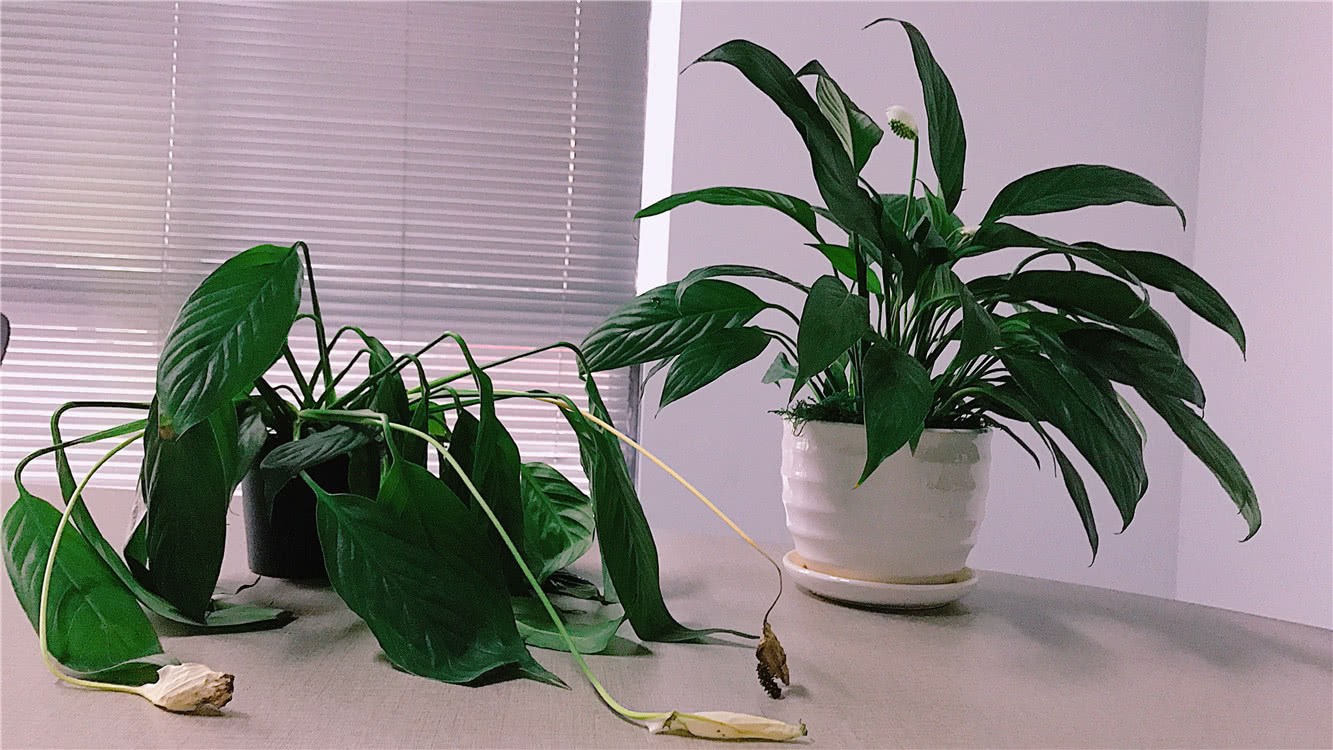On-site visit | Reading Nature walks into Wuhan Museum of Nature: the harmonious coexistence of Life and Nature

Since the launch of the "Reading Nature" program, we have received many audio readings one after another, including local voices from Wuhan and many readers from other places. Everyone has a corner of landscape in their hearts, and they all have an understanding of nature, transmitting energy through sound, reading green, feeling nature and living a happy life.
In this issue, the column "Reading Nature" will walk into the Wuhan Museum of Nature, talk about the past and the future, feel the "vicissitudes of the world, the birth of the great stream", "livable city, beautiful dream", "natural ecology and cultural landscape" …...
As we all know, the museum is a university without walls. Entering the museum, the development and changes of the world thousands of years or even hundreds of millions of years ago are within reach.
There are many museums in Wuhan, scientific and technological, cultural and historical. On July 18, 2018, Wuhan has a museum of nature-the Beilin River Life Museum of Wuhan Natural Museum.
The construction of Wuhan Natural Museum fills the gap that there is no natural museum among the 114 museums in Wuhan. It is the first museum in the world with a great river as its theme. It serves as a bridge for people to understand the great river, cherish life and protect ecology.
Wuhan Museum of Nature Beilin Dahe Life Museum
Located in the north of the Yangtze River Civilization Hall, with a construction area of 28900 square meters and an exhibition area of 18000 square meters.
With the Great River as the background, life as the theme, Beilin donated specimens as the basis, and the Yangtze River Dialogue World River as the exhibition concept, the pavilion displays more than 3000 specimens of paleontology, animals and plants and a variety of modern exhibition means. show the geoscience background related to the river and the life history of the river itself, and the biodiversity, connections and differences of the ten representative rivers in the world. And the natural law of ecosystem succession and life evolution.
The theme of the exhibition is "Song of Life in the Great River Journey", including "Great River vicissitudes", "Great River Treasure Spirit", "Great River contemplation", "Great River Exploration" and "popular Science Space".
The vicissitudes of the Great River: the exhibition area mainly shows the geoscience background and life evolution history related to the Great River.
"Great River Zhenling": the exhibition area mainly shows the biodiversity of the world's representative rivers, such as Amazon, Mississippi, Yenisei, Danube, Yellow River, Ganges, Mekong, Murray, Nile and Mara River.
"Great River contemplation": the exhibition area reveals the significance of protecting biodiversity mainly through the extinction of organisms and the awakening of human environmental awareness.
"Exploration of the Great River": the exhibition area is mainly for interactive projects related to river geology and biology, allowing visitors to deepen their understanding of the exhibition in the interactive experience.
△ the largest elephant in the world
"popular Science Space": for the education classroom, the use of exhibition resources and social resources, for the majority of young people to learn natural knowledge services.
Visitors can get three characteristic experiences from it.
one
Enjoy the animal specimens and ecological environment of the major river basins in the world
The Wuhan Natural Museum shows the biodiversity, connections and differences of the world's representative river basins, such as Amazon, Mississippi, Yenisei, Danube, Yellow River, Ganges, Mekong, Murray, Nile and Mara River. and the natural laws of ecosystem succession and life evolution.
Tourists can "run" along with the wildebeest, moose and African prairie elephants, but they should be "worried" about the "snooping" of cheetahs and white lions; they can "swim" with swordfish, but they should "pay attention" to the "movements" of large whale sharks. At the top of some of the exhibits, the use of optimized and upgraded projection technology presents vivid 3D visual popular science animation, coupled with lifelike natural background music, tourists seem to be there.
two
Watch the fine works of fossils from ancient times
The Beilin Dahe Life Museum displays the Sino-Canadian Mamenchisaurus unearthed in Qitai, Xinjiang and the largest Jurassic period in China.
There is also one of the longest Jurassic silicified wood on display in the China Museum.
The largest fossil skeleton of rhinoceros repaired and installed in China 30 million years ago can also be seen.
There is also a 20-ton Triassic era of China's largest dragon footprint fossil wall and so on.
These precious fossil specimens provide valuable material materials for us to explore the evolution of life.
three
Experience the dream journey of the integration of natural ecology and modern science and technology
The Beilin River Life Museum has 4D films, and three films have been introduced from the Shanghai Science and Technology Museum.
"Pandas roll-- looking for a new home"
It tells all kinds of thrilling stories that pandas and their partner red pandas go on a journey to find a new bamboo forest.
The Legend of Feather Dragon
Choose Ying Yu, the leader of Tyrannosaurus Rex, as the protagonist, and take the family fate and natural disaster as the storyline.
The Battle of bacteria
The protagonist, A Li, is the leader of the leukocyte vanguard, who usually works with Shu Lin, Giant Tsai and other leukocyte members to eliminate harmful bacteria that invade the human body.
There is a wonderful "Dream Yangtze River" dark riding experience show in the Yangtze River Civilization Hall. Chuck Komisky, the visual effects director of the movie "Avatar" and known as the "father of Hollywood 3D technology", serves as the general director of the show, and has twice won the American Emmy Award for Best Visual effects Award Wayne England. And John Joseph Matthews, the top designer of amusement parks and museums in South Korea and Jordan, participated in the production.
Tourists can "follow" the protagonist Baiji dolphin "Qi Qi" to "leap" the Yellow Crane Tower, Tengwang Pavilion, Yueyang Tower, "glide" Gladan East Glacier Snow Mountain, and "cross" the three Gorges Dam and Bashu dangerous places. 360 degrees to experience the magnificent beauty of the Yangtze River valley and the magical 30 degrees north latitude where civilization was born.
As soon as △ enters the preface hall, it is like this, the stars are brilliant!
△ feels like he's there.
The screen on the ground of △ is also very magical.
How's it going?
Is it itchy?
Here is a chance to visit for free. Would you like it?
Wuhan National Volunteer Tree planting Network "Reading Nature" Reading column
Will walk into the Wuhan Museum of Nature
Take you to enjoy the different "natural" scenery
How to get the opportunity to visit the site?
① 's Story of Life
② 's General History of Nature
③ optional (articles related to nature, natural change, life, Yangtze River)
Choose one of the above articles or clips to read and record.
Often read aloud for no more than 8 minutes
Send it to Xiao Qi in the form of audio (format mp3)
The audio will be displayed on October 8.
Top 50 with the highest number of likes
You can get tickets for the site visit.
The top 5 readers in terms of reading volume and likes.
You can also get the opportunity to read aloud on the spot and surprise benefits.
(the scene of the event was announced.)
Solicitation time:
17 September to 7 October
(see you next time for more tour strategies of Wuhan Nature Museum! )
- Prev

Potted sweet-scented osmanthus is cultivated in this small way with luxuriant leaves and dense flowers overflowing with fragrance
Sweet-scented osmanthus is a plant that many flower friends like, because it blossoms fragrant and smells good, the branches stand tall and sturdy, raise a pot in the yard or on the balcony, can grow into an atmospheric bonsai, very beautiful. It is autumn, and there is a tree of flowers. But there is.
- Next

The wilting of the white palm is very serious. If you become soft in a second, you can't pour a lot of water.
Don't you understand that young masters like to raise white palms at home? A friend raised a lot of white palms in his office. He said that the white palms in his office are always bad. They will wither if they are not watered, and they will collapse if they are not watered.
Related
- Wuhan Hospital Iron Tree Blooming Result Was Instantly Frightened by the Gardener Master
- Which variety of camellia is the most fragrant and best? Which one do you like best?
- What is the small blue coat, the breeding methods and matters needing attention of the succulent plant
- Dormancy time and maintenance management of succulent plants during dormancy
- Minas succulent how to raise, Minas succulent plant pictures
- What are the varieties of winter succulent plants
- How to raise succulent plants in twelve rolls? let's take a look at some experience of breeding twelve rolls.
- Attention should be paid to water control for succulent plants during dormant period (winter and summer)
- Watering experience of twelve rolls of succulent plants
- Techniques for fertilizing succulent plants. An article will let you know how to fertilize succulent plants.

